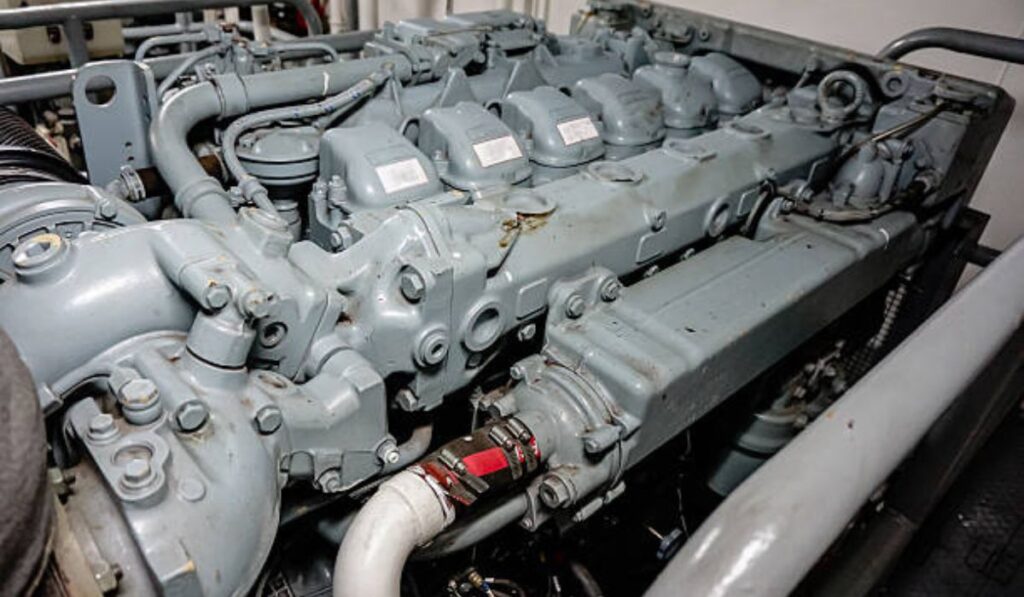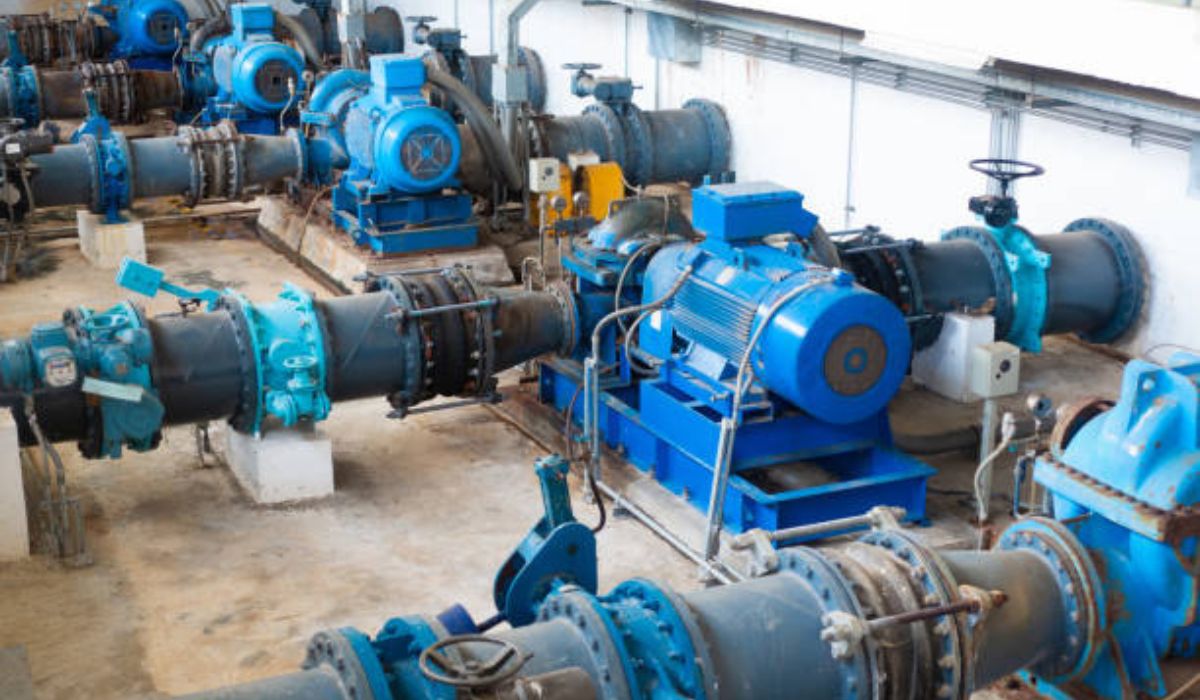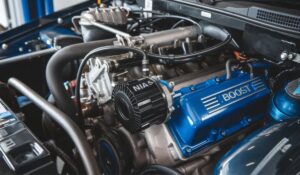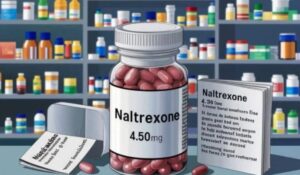Introduction
Lincoln vehicles are known for their luxury, comfort, and reliability. However, like any car brand, they are not immune to mechanical issues. One common question among Lincoln owners is whether all Lincoln engines are subject to water pump destruction. In this article, we will explore the relationship between Lincoln engines and water pump failures, the causes behind such failures, and how you can prevent them. We’ll also provide answers to frequently asked questions on this topic.
Understanding the Role of the Water Pump in Lincoln Engines
The water pump is a vital component in any car engine, including those in Lincoln vehicles. Its primary role is to circulate coolant throughout the engine to prevent overheating. Without a properly functioning water pump, the engine can suffer from heat damage, leading to expensive repairs. For Lincoln engines, especially those found in popular models like the MKZ and Navigator, the water pump is integrated into the engine, making it more complex to repair if something goes wrong. Understanding how your water pump works can help you identify problems early.
Why Do Water Pumps in Lincoln Engines Fail?
Water pump failures can occur in any vehicle, including Lincoln cars, for several reasons. The most common causes of water pump destruction are worn-out bearings, corrosion, or leaks. In Lincoln engines, especially those with V6 designs, the placement of the water pump inside the engine makes it susceptible to wear and tear over time. If the seals around the pump fail or coolant starts to leak, it can lead to overheating or even engine failure. Regular maintenance is crucial to detect these issues early and avoid costly repairs.
Are All Lincoln Engines Subject to Water Pump Destruction?
Not all Lincoln engines are equally prone to water pump destruction, but certain models have a higher risk due to their engine design. Specifically, the 3.5L and 3.7L V6 engines used in some Lincoln vehicles have an internal water pump system, which makes repairs more difficult and expensive. When this pump fails, it can leak coolant into the engine, leading to significant damage. However, with proper care and timely maintenance, many Lincoln owners can avoid this issue. Knowing whether your Lincoln engine has this design is key to understanding your vehicle’s risk.
Signs of Water Pump Failure in Lincoln Vehicle

Recognizing the signs of a failing water pump can save you from major engine damage. Common symptoms in Lincoln vehicles include coolant leaks, engine overheating, and unusual noises coming from the front of the engine. If your vehicle is running hotter than usual or you notice coolant pooling under your car, it’s a sign that your water pump may be failing. In some cases, you may also hear a grinding or whining sound as the pump’s bearings wear out. Addressing these signs early can prevent full water pump destruction.
Preventative Maintenance for Lincoln Water Pumps
Preventative maintenance is the best way to avoid water pump failure in Lincoln engines. Regularly checking your vehicle’s coolant levels and inspecting for leaks can catch potential problems before they escalate. It’s also important to replace your water pump and timing belt at recommended intervals, as these components work together in many Lincoln engines. Keeping your engine’s cooling system in good condition will reduce the likelihood of water pump failure. Consulting with a professional mechanic for periodic inspections can also help ensure your water pump remains in top shape.
Costs and Consequences of Water Pump Failure in Lincoln Engines
If your Lincoln’s water pump fails, the consequences can be severe. Since the pump is located inside the engine in many models, a failure can lead to internal engine damage if not addressed promptly. The cost of replacing a water pump in a Lincoln vehicle can range from $1,000 to $2,500, depending on the model and extent of the damage. In extreme cases, water pump failure can lead to engine replacement, which is significantly more expensive. Taking preventative action can save you from these costly repairs.
How Lincoln Owners Can Minimize Water Pump Issue
Lincoln owners can take several steps to minimize the risk of water pump destruction. First, stay on top of regular vehicle maintenance, including coolant flushes and timely water pump replacement. Be mindful of the signs of water pump failure, such as leaks and overheating, and address them immediately. It’s also a good idea to research whether your specific Lincoln model has a higher risk of water pump issues based on its engine design. Armed with this knowledge, you can proactively protect your engine from damage.
Is Lincoln Doing Anything to Address Water Pump Issues?
While water pump failure is not exclusive to Lincoln vehicles, some owners have raised concerns about the design of the internal water pump system in certain models. Lincoln has not issued a widespread recall related to this issue, but they do offer extended warranties that may cover water pump repairs. Additionally, Lincoln service centers are well-equipped to handle water pump replacements and provide advice on how to extend the life of your engine. For peace of mind, Lincoln owners should consult their dealership about any concerns regarding their vehicle’s water pump.
Conclusion
While not all Lincoln engines are subject to water pump destruction, certain models with internal water pump designs have a higher risk of failure. By understanding the role of the water pump, recognizing the signs of failure, and performing regular maintenance, Lincoln owners can minimize the likelihood of water pump destruction. Preventative care is the key to ensuring that your Lincoln engine remains in top condition and avoids costly repairs.
FAQ
1. Are all Lincoln engines prone to water pump failure?
Not all Lincoln engines are equally prone, but models with V6 engines featuring internal water pumps, like the 3.5L and 3.7L, have a higher risk.
2. What causes water pump failure in Lincoln vehicles?
Common causes include worn-out bearings, corrosion, coolant leaks, and the internal design of the water pump in certain Lincoln engines.
3. How do I know if my Lincoln water pump is failing?
Signs include coolant leaks, engine overheating, and unusual noises from the front of the engine, such as grinding or whining.
4. Can I prevent water pump failure in my Lincoln?
Yes, regular maintenance, checking coolant levels, and timely water pump replacements can help prevent failure.
5. How much does it cost to replace a Lincoln water pump?
Water pump replacement costs can range from $1,000 to $2,500, depending on the model and the extent of the damage.










































